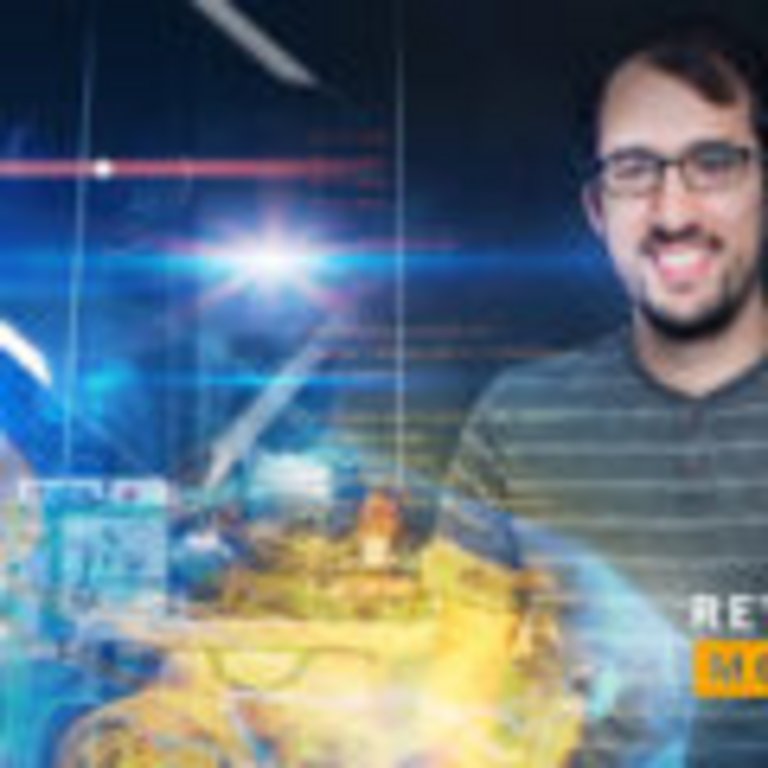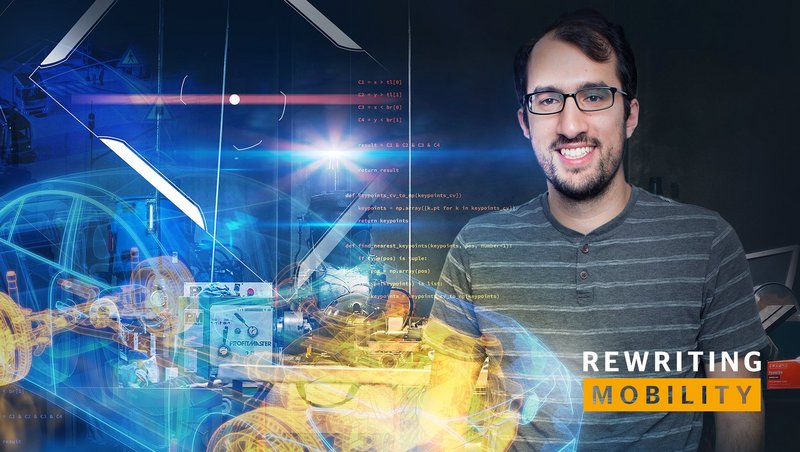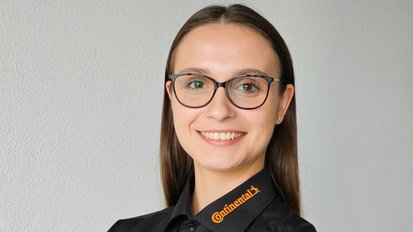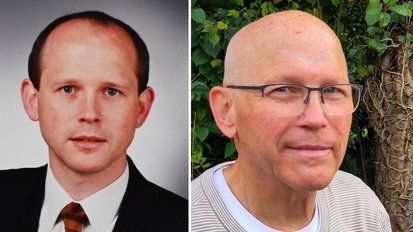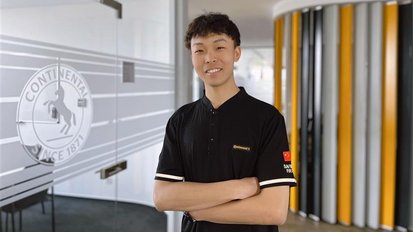Rewriting Mobility: Soheil Karkouti
Zero vehicle-related fatalities.
Zero injuries.
Zero accidents.
That’s what we call “Vision Zero” at Continental – and that’s what attracted Soheil K. to join our company’s Santa Barbara, Calif., office three years ago as a Software Project Manager. Although Soheil’s background is in electrical engineering, he really wanted to develop software.
And when he found out what Continental’s innovative technology is doing to change the world, he was sold on getting a job with us. Here’s more of what he has to say about his Continental experience so far:
Santa Barbara isn’t that big of a city, so when a new company moves here – especially a big company like Continental – people talk about it.
I started to read more about what Continental was doing and there seemed to be a lot of similarities to what I wanted to do. It was a match. Continental was developing a new sensor for automated driving by combining state of the art hardware and software technologies. It was suddenly very clear to me that I wanted to work at Continental.
LIDAR sensors are the main focus of my work.
Many people don’t know that one of the highly growing business units of Continental is Advanced Driver Assistance Systems (ADAS). There are two different types of sensors for gathering data from surroundings of a vehicle– camera and radar. Camera can give you a clear picture and an image, but it cannot give you the depth or distance to any of the objects. Radar can give you depth and distance, but it doesn’t have the necessary resolution for object detection.
But LIDAR (which stands for Light Detection and Ranging) uses a laser technology that gives us an image just like a camera but also allows us to measure the distance to of each individual pixel in that image with high precision so the result is an accurate 3D mapping of your surrounding area that can be used in various automated driving applications.
Back in 2016, this was really new technology. When I read Continental was starting to move into this area, I thought, yes, this is the next best thing.
There are many companies today trying to bring LIDAR technology to automotive industry but there still isn’t any company that can take this technology into mass production. I believe that with the global resources that Continental has, we have the power to execute this.
We’re trying to eliminate all of the human error that’s possible when driving. But what Continental has realized is, that yes, we need to have all these sensors in the individual cars, but in order to achieve this “Vision Zero” you also need to have your car’s and city’s infrastructure updated so that they all can communicate and share data with each other. Continental is currently working on this.
Our office has a unique characteristic in that we are part of the global Continental organization, but we work like a startup.
Continental has 245,000 employees around the world, but we only have 120 people here in our office. You can feel when we’re reaching deadlines, because everyone is running around and doing whatever they need to do to achieve the goal.
We definitely stop to celebrate our success. The good thing is that this is such key technology for our company that the rest of the company is really paying attention to us and trying to support us however they can.
You have to really be responsive and flexible, but we definitely have a family vibe.
It’s a truly international company with many cultures and a lot of people from different walks of life. I get to travel to other locations, like Japan, Mexico, and Germany, meet new people and learn about different cultures. Every day I have meetings with different people across the company. I can usually set my own agenda and I have flexible working hours, too.
We’re not just talking about saving lives – we’re actually doing it.
We regularly have test activities internally and with our customers and it’s so amazing to see the results of the work that we do, and it gives me a huge sense of pride to know that the product that I am working on, the product that my team is working on will be able to save a life in the near future.
This article was written by our employee.
